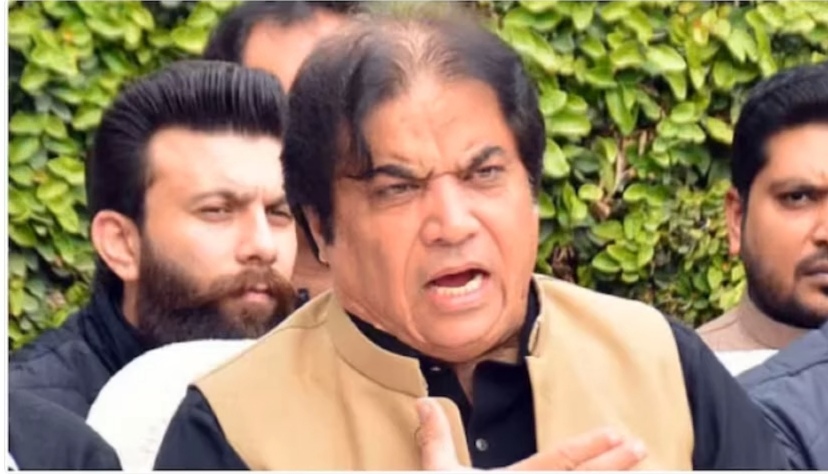Tensions between India and Pakistan have escalated once again following the recent terror attack in Pahalgam, with Pakistan’s Minister Hanif Abbasi issuing a stark warning to New Delhi.
Speaking at a press conference, Abbasi warned that any attempt by India to stop Pakistan’s water flow under the Indus Water Treaty would be treated as an act of war. “If India stops Pakistan’s water, we will respond with a nuclear strike,” Abbasi said, sending shockwaves across the region.
He further emphasized Pakistan’s nuclear preparedness, stating, “The 130 nuclear warheads we have are not kept for mere display. They are meant for India.” His comments highlight the growing volatility in the relationship between the two nuclear-armed neighbors.
The Indus Water Treaty, brokered by the World Bank in 1960, has so far withstood multiple wars and political crises. However, the recent developments have placed the historic agreement under unprecedented strain. Cutting off water could have catastrophic humanitarian and environmental consequences, and Abbasi’s warning underscores how critical the treaty remains for regional peace.
While India has yet to officially respond to Abbasi’s statements, political analysts urge both sides to approach the situation with caution. Many warn that inflammatory rhetoric can quickly spiral into conflict, with devastating consequences for both nations and the wider South Asian region
India’s silence on Abbasi’s statements is intriguing. It’s crucial for both sides to prioritize dialogue over rhetoric to avoid unnecessary escalation. The potential for conflict in South Asia is too high to ignore, and the consequences could be catastrophic. I wonder if there’s a behind-the-scenes effort to de-escalate tensions that we’re not seeing. What’s your take on India’s delayed response—strategic patience or indecision? It’s hard not to feel concerned about the region’s stability, especially with so much at stake. Do you think third-party mediation could help, or should this remain a bilateral issue?